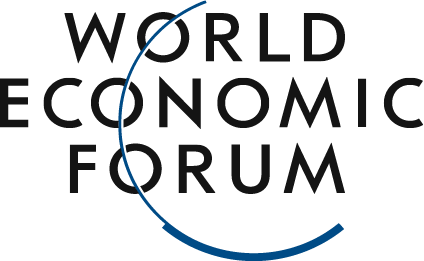
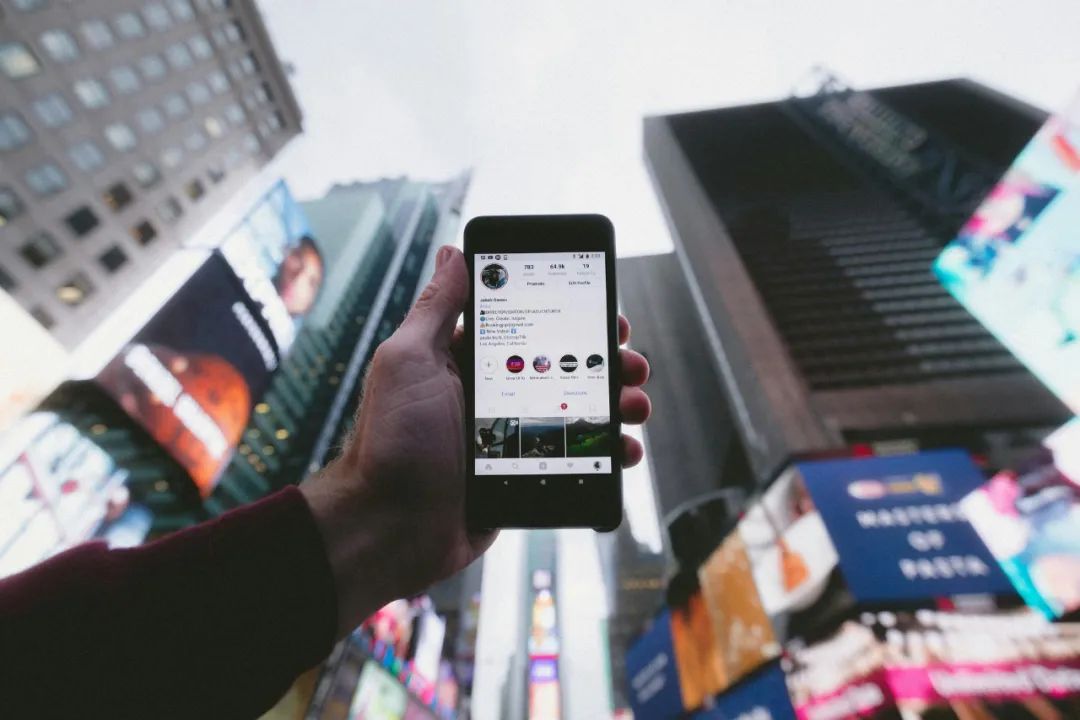
:Unsplash/Jakob Owens
David Elliott
,,
,(AI)
2025
,?,,
202548,,
,2025,??
,——
,,,,,20154%202534%
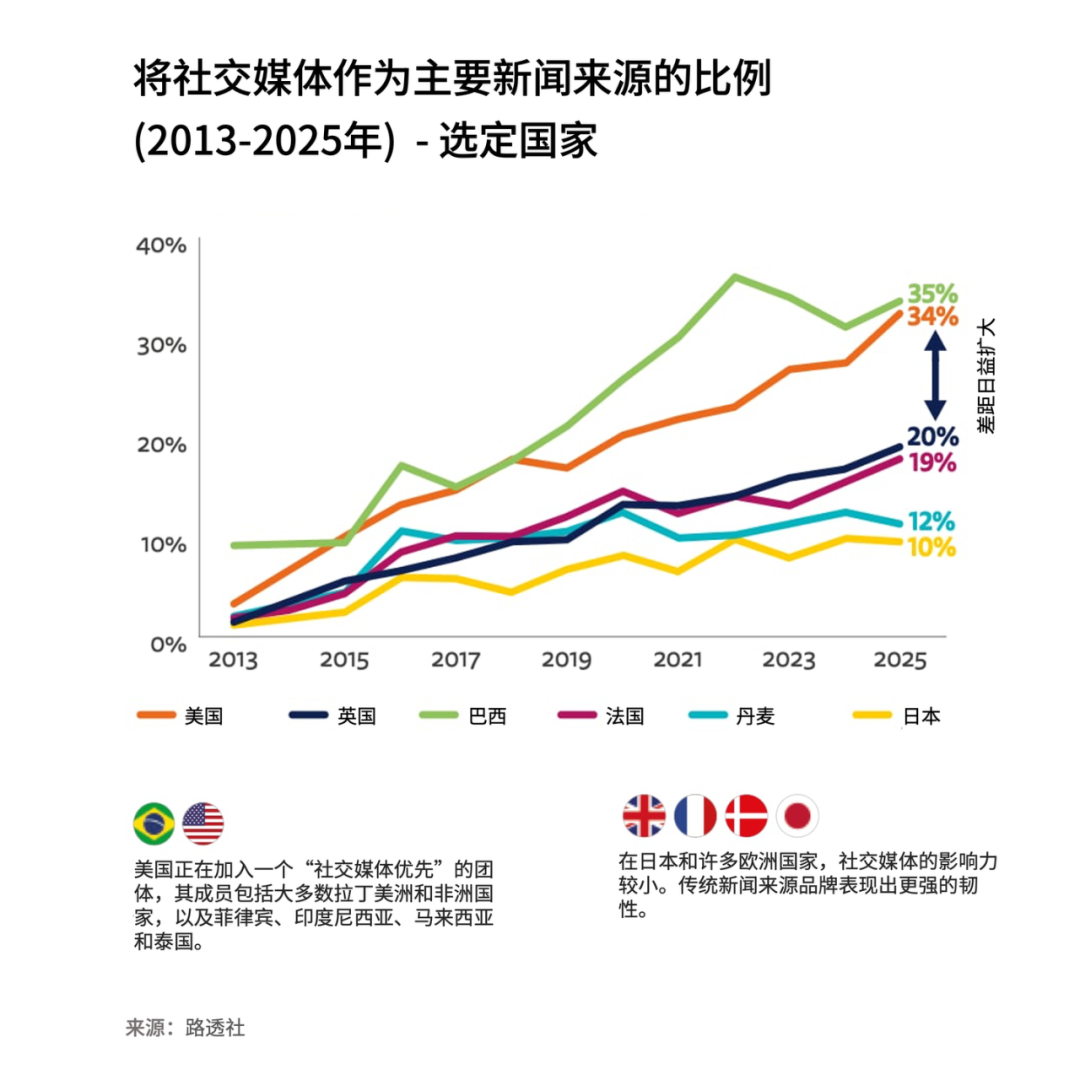
:
,,,,20%,10%
,,——44%18-2438%25-34,
Emerging Trends: Podcasts and AI
The report highlights two emerging trends. The first is the so-called "alternative media ecosystem," where people are increasingly turning to online creators and influencers—such as those on YouTube and TikTok—for their news, with TikTok now becoming the fastest-growing social and video platform.
In some countries, celebrities and influencers now play a key role in shaping public discourse. For instance, in the United States, podcast host Joe Rogan’s news and commentary reach as many as one-fifth of the population. Meanwhile, in France, 22% of people under 35 watch content created by journalist Hugo Travers—primarily through YouTube and TikTok.
The report notes that young influencers are also playing a significant role in many Asian countries.
The report highlights a second emerging trend: as search engines and other platforms increasingly integrate real-time news into their products, AI chatbots are being used as sources of news. Seven percent of people now get their news this way each week—though the figure remains relatively small, it has already climbed to 15% among those under 25.
The risk of error messages
The report shows that public trust in news remains at a steady 40%. However, in several countries, audiences are increasingly concerned about the impact of shifting news consumption habits.
While many remain optimistic about AI's benefits in the news industry—such as its ability to summarize and translate content—they still harbor concerns that its use could undermine the transparency, accuracy, and credibility of journalistic reporting. Additionally, many people worry about missing out on crucial news altogether.
Meanwhile, influencers and celebrities are also seen as posing a threat by spreading inaccurate or misleading information. This concern aligns with findings from the World Economic Forum's recently released Global Risks Report, which identifies misinformation and disinformation as the most pressing risks over the next two years.
Among those surveyed by Reuters, more than half said they were concerned about the authenticity of online news. When it comes to verifying the truthfulness of a news story, most people still prefer to rely on trusted news organizations.
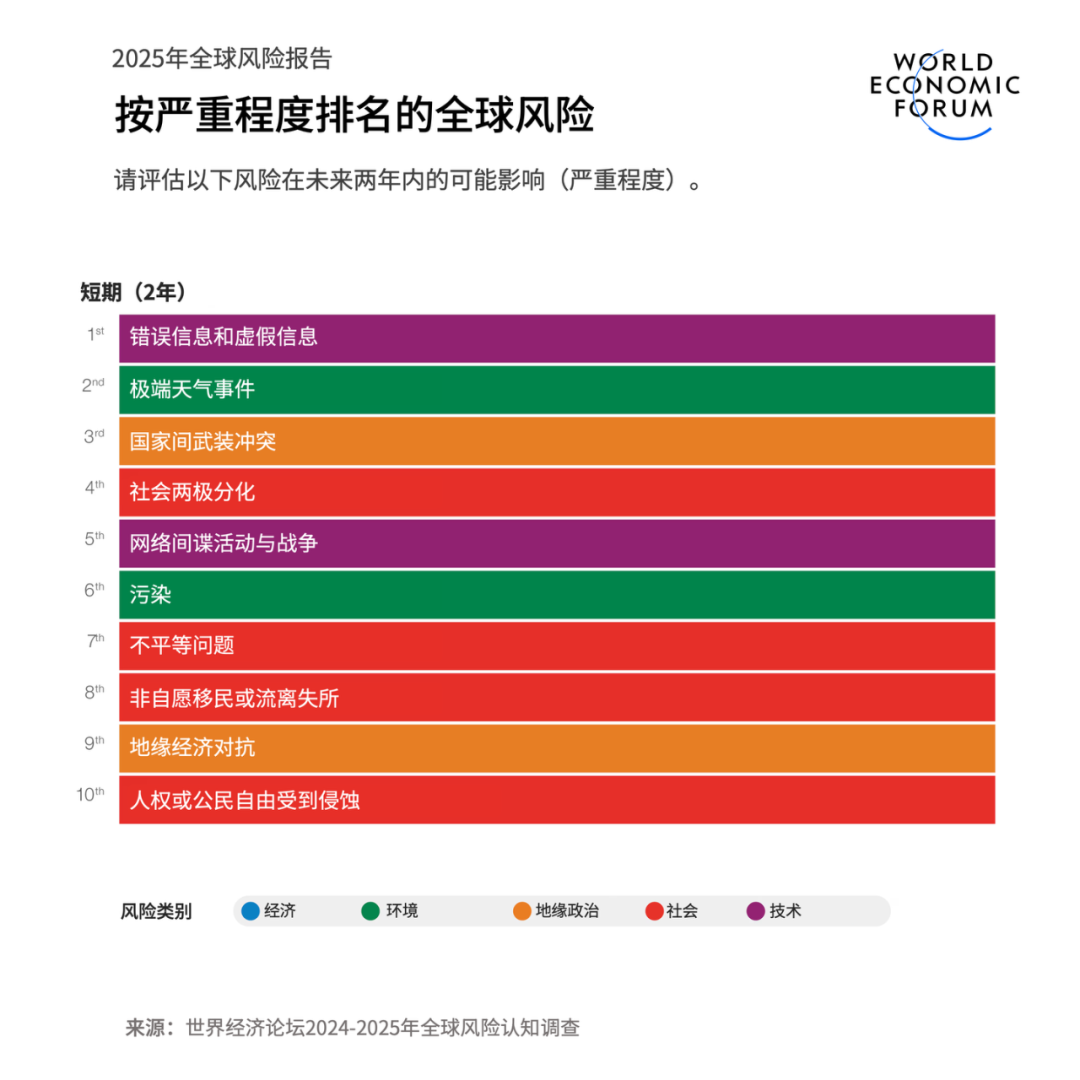
Error messages and misinformation are considered the biggest short-term global risks.
Image source: World Economic Forum
Digital Literacy and Responsible AI
According to the World Economic Forum's Global Risks Report, the growing prevalence of digital platforms and the rising volume of AI-generated content are making misinformation and disinformation—particularly that which fuels social division—increasingly widespread. This, in turn, amplifies other risks the world already faces, such as armed conflicts between nations and extreme weather events.
The report notes that this will ultimately make it increasingly difficult for people to know where to look for accurate information.
The report recommends that governments, businesses, and civil society organizations launch awareness-raising initiatives and digital literacy programs aimed at educating citizens about the risks associated with the digital space—and equipping them to identify and critically evaluate harmful or biased content. Strengthening accountability and transparency frameworks for AI will also be part of the solution.
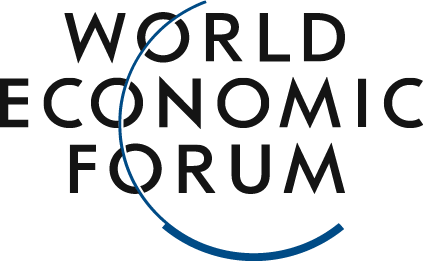
The above content represents the author's personal views only.This article is translated from the World Economic Forum's Agenda blog; the Chinese version is for reference purposes only.Feel free to share this in your WeChat Moments; please leave a comment at the end of the article or on our official account if you’d like to republish.
Translated by: Di Chenjing | Edited by: Wang Can
The World Economic Forum is an independent and neutral platform designed to bring together diverse perspectives to discuss critical global, regional, and industry-specific issues.
Follow us on Weibo, WeChat Video Channels, Douyin, and Xiaohongshu!
"World Economic Forum"


